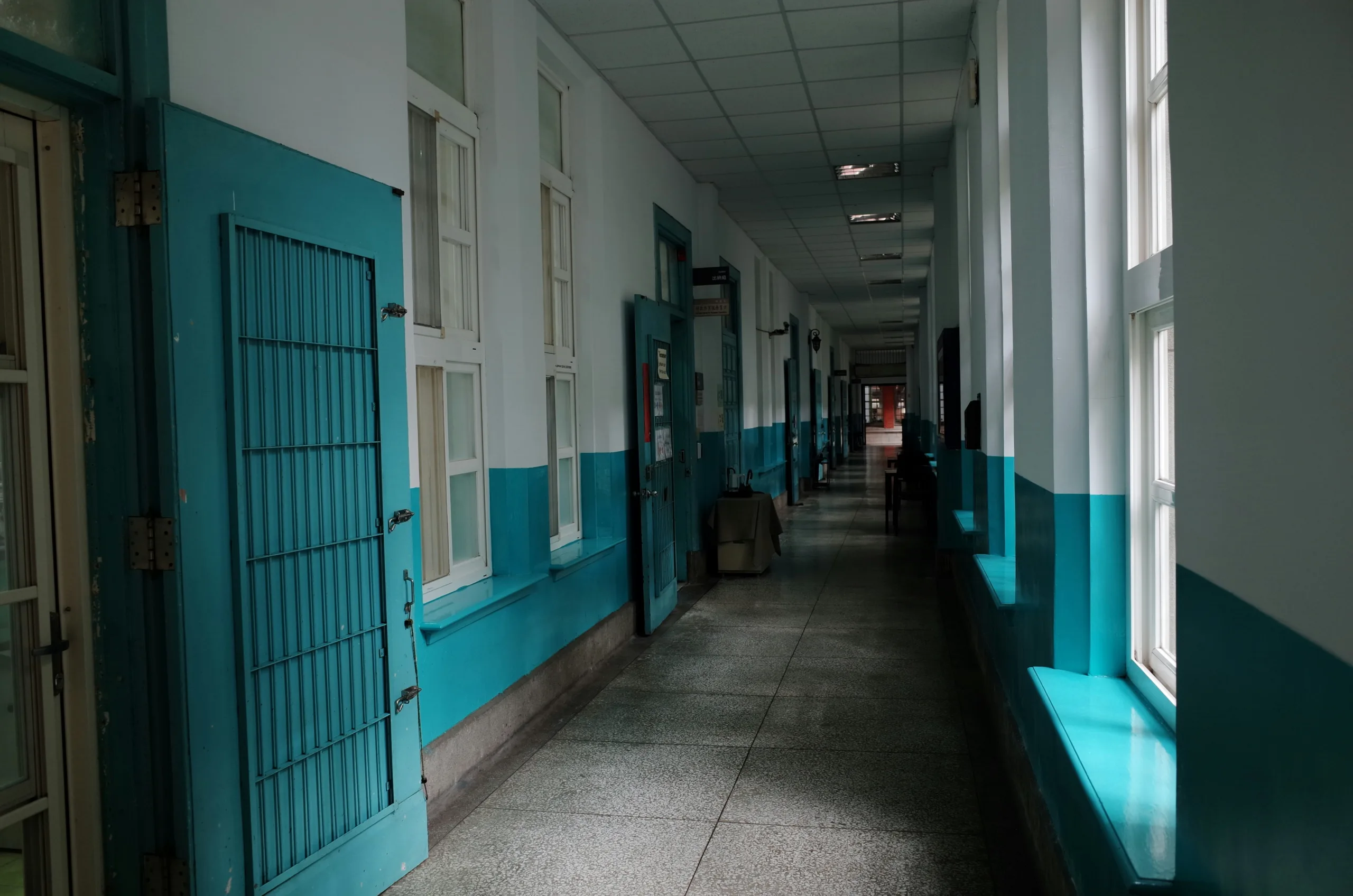Human rights defenders report that at least 98 Crimean political prisoners held in Russian penal colonies and pre-trial detention centers require urgent medical care. According to the Zmina Human Rights Center, the imprisoned Ukrainians face systematic denial of treatment, putting their lives and health at serious risk.
Among those whose condition raises particular concern is Crimean Tatar Ametkhan Abdulvapov, who suffered a stroke in a colony in Angarsk and has been forced to ask his family to send him heart medication due to the lack of necessary drugs in the prison infirmary. There are also numerous health issues reported in the case of Ansar Osmanov, who complained of tooth pain and skin rashes but never received a proper medical examination. Vadym Siruk suffers from poor-quality dental crowns, while Enver Khalilaiev, who has an umbilical hernia, has been denied surgery until his trial concludes.
Human rights activists recall that since the beginning of repressions in Crimea after 2014, Ukrainian political prisoners have consistently faced refusals of medical assistance. In 2023, Zmina and its partners compiled the so-called Gafarov-Shyring List — a register of prisoners whose health critically deteriorated due to the lack of treatment. The list was named in memory of Crimean political prisoners Dzhemil Gafarov and Kostiantyn Shyring, who died in captivity.
In March 2025, it was reported that Crimean Tatar prisoner Rustem Viratti had died in a penal colony in Dimitrovgrad. His health had steadily worsened during two years of imprisonment, while his rights were repeatedly violated.
The only person recently removed from the list is Nariman Dzhelyal, Deputy Chairman of the Mejlis of the Crimean Tatar People and now Ukraine’s ambassador to Turkey, who was released in June 2024.
Human rights defenders stress that the Russian penitentiary system is either unable or deliberately unwilling to provide adequate medical assistance to political prisoners. In their view, the only real solution is to bring the Ukrainian captives back home.
Read also: The Ministry of Social Policy and IREX provide social workers with tablets to support families of prisoners



